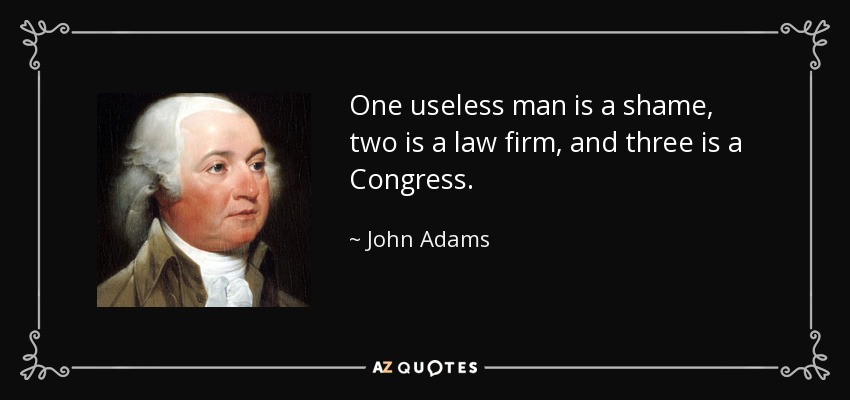- Joined
- May 11, 2013
- Posts
- 24,887
- Reaction score
- 13,613
- Points
- 2,755
- Location
- Morganton, N.C.
- Website
- conversations-ii.freeforums.net
(The Guardian) How Congress managed to deadlock over Israel, Ukraine aid and border policy – simultaneously
Congress has been a place of legislative trench warfare for much of the past decade-plus, but the quandary lawmakers are in right now over aid to both Ukraine and Israel and border policy is unique for the sheer variety of issues at hand.
It all started in the aftermath of Hamas’s 7 October terrorist attack, when Joe Biden rushed over to Israel, then came back to the White House and made an Oval Office address pleading for Congress to approve assistance to Ukraine and Israel’s militaries, as well as some funds for Taiwan and to bolster border security.
But in Congress, a growing faction of Republicans had turned against further aiding Kyiv’s defense against the Russian invasion. Biden’s request nonetheless presented an opportunity to get the Democrats to bend on an issue more or less completely separate from the military aid request: immigration policy. Rates of migrants entering the United States from Mexico have surged under Biden, which Republicans have pounced on to argue his administration is failing to protect the country.
While not everyone in the GOP was behind the effort, a group of Republican and Democratic senators began negotiating over tightening US immigration policy – a topic Congress hasn’t been able to find agreement on for two decades, at least. The idea was that, if Democrats would sign on to policies that may turn out not to be that different from what Donald Trump approved while in office, the Republicans would vote to approve aid to Ukraine.
Right from the start, there were plenty of reasons to think the deal wouldn’t come together, and with Republican senate minority leader Mitch McConnell’s reported comments yesterday that he won’t support the deal so Trump can run on curbing immigration, it appears the naysayers were right all along.
Congress has been a place of legislative trench warfare for much of the past decade-plus, but the quandary lawmakers are in right now over aid to both Ukraine and Israel and border policy is unique for the sheer variety of issues at hand.
It all started in the aftermath of Hamas’s 7 October terrorist attack, when Joe Biden rushed over to Israel, then came back to the White House and made an Oval Office address pleading for Congress to approve assistance to Ukraine and Israel’s militaries, as well as some funds for Taiwan and to bolster border security.
But in Congress, a growing faction of Republicans had turned against further aiding Kyiv’s defense against the Russian invasion. Biden’s request nonetheless presented an opportunity to get the Democrats to bend on an issue more or less completely separate from the military aid request: immigration policy. Rates of migrants entering the United States from Mexico have surged under Biden, which Republicans have pounced on to argue his administration is failing to protect the country.
While not everyone in the GOP was behind the effort, a group of Republican and Democratic senators began negotiating over tightening US immigration policy – a topic Congress hasn’t been able to find agreement on for two decades, at least. The idea was that, if Democrats would sign on to policies that may turn out not to be that different from what Donald Trump approved while in office, the Republicans would vote to approve aid to Ukraine.
Right from the start, there were plenty of reasons to think the deal wouldn’t come together, and with Republican senate minority leader Mitch McConnell’s reported comments yesterday that he won’t support the deal so Trump can run on curbing immigration, it appears the naysayers were right all along.

